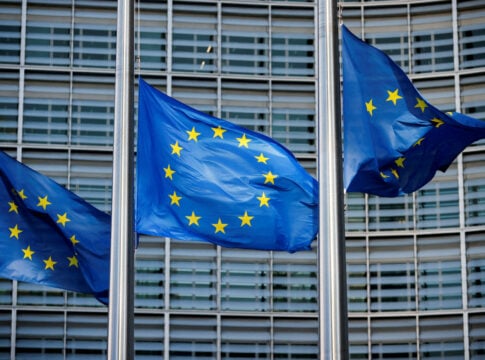By Τhanos Tsiros
[email protected]
Effects of a unilateral government decision this week to raise the minimum monthly wage scale in Greece now ranks as among the major “wagers” in the country’s economy for 2019, a year that will witness no less than three elections.
According with the preliminary estimates, increasing the wage scale and abolishing a “sub-minimum” wage scale for new hirings under the age of 25 will cost employers, for the most part, between one and 1.2 billion euros, a figure that now currently corresponds to 0.5 to 0.7 percent of Greece’s GDP.
The greater part of this figure will be covered by employers, whereas 100 to 150 million euros will come from state coffers, given subsidies linked with the minimum wage scale will be increased, especially the unemployment benefit.
One of the concerns aired immediately after the announcement, made by Greek Prime Minister Alexis Tsipras during a televised Cabinet meeting, is whether the pay hike will generate layoffs and a transformation of full-time work contracts to part-time contracts at businesses operating on already low profit margins.
Tsipras and his ruling left-wing party opted to announce a raising of the minimum wage scale instead of waiting for a proposal derived from collective bargaining negotiations between “social partners”, i.e. employers’ groups and unions. The announcement was sharply criticized by most of the political opposition and the business world in the country, with some critics pointing to another “pre-election” bonus by the poll-trailing government before ballot boxes are set up.
Another variable that remains to be calculated is whether the added cash in wage-earners’ pockets will boost consumption and demand, or, according to a more pessimistic scenario, simply be funneled towards covering increasing arrears to banks and social security funds.
Finally, analysts are waiting to gauge whether the measure will spur other groups to request pay hikes, given that wages and salaries have suffered repeated cuts since the economic collapse began in Greece in late 2009.















